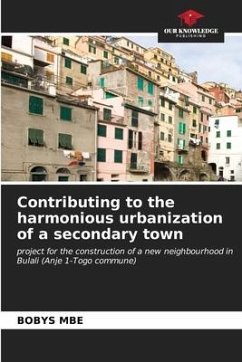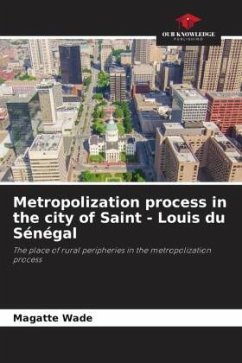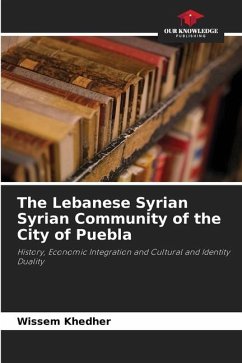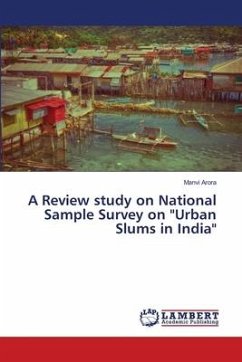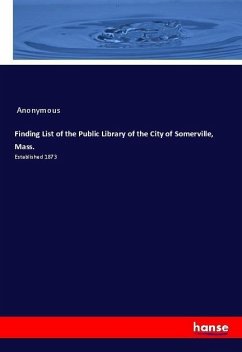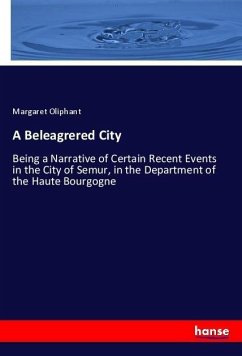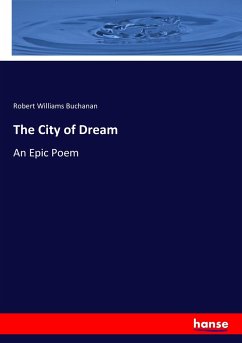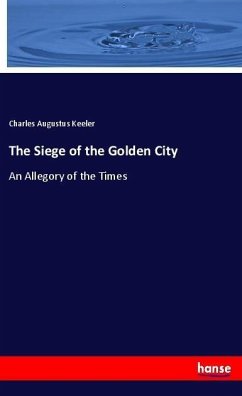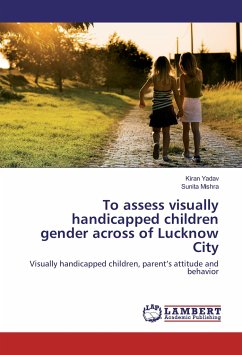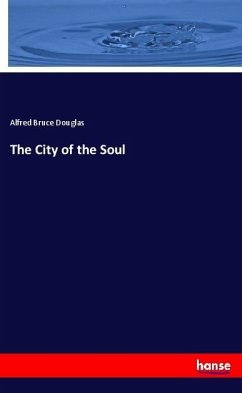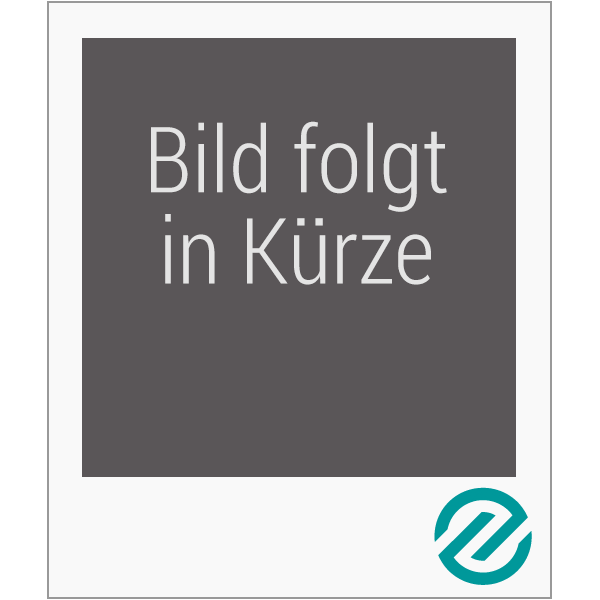
City and urbanization
Issues of the urban condition of the modern man
Versandkostenfrei!
Versandfertig in 6-10 Tagen
40,99 €
inkl. MwSt.

PAYBACK Punkte
20 °P sammeln!
What is a city? What does it have to tell us? What distinguishes the contemporary, complex or ultra-sophisticated city from other supposedly developing cities? In other, almost identical terms, what makes a metropolis, if not a megalopolis, the spectacle of urban power in its most formidable form, the true portrait of an (over)urbanized space? To decide this, it is essential to analyze the meaning of the term "urbanization" or what we can also call the "urban fact". Currently, it is in fact almost infallible, it seems, that the concept of the urbanization is not a ground unexplored in depth by...
What is a city? What does it have to tell us? What distinguishes the contemporary, complex or ultra-sophisticated city from other supposedly developing cities? In other, almost identical terms, what makes a metropolis, if not a megalopolis, the spectacle of urban power in its most formidable form, the true portrait of an (over)urbanized space? To decide this, it is essential to analyze the meaning of the term "urbanization" or what we can also call the "urban fact". Currently, it is in fact almost infallible, it seems, that the concept of the urbanization is not a ground unexplored in depth by different disciplines; so much it governs and shapes, inexorably, the existential framework of our life, is attached to its mode of functioning and, consequently, becomes an implicative factor of any possible urban and human transmutation.



